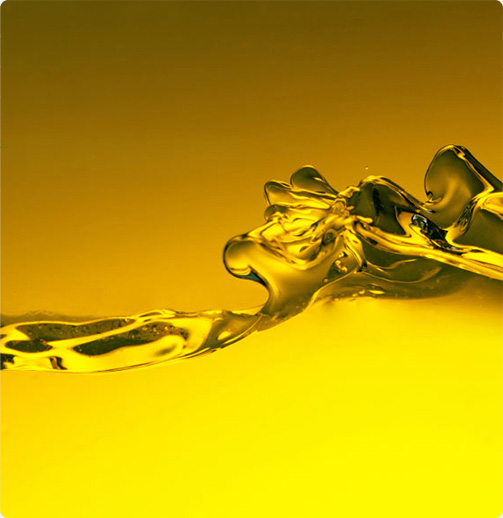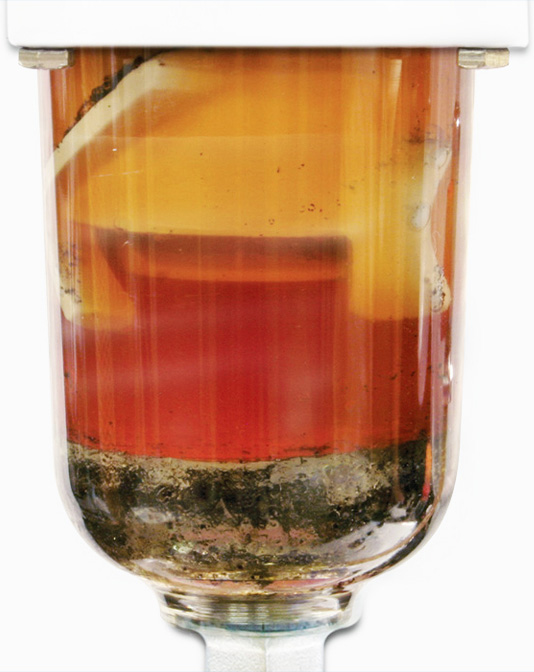Importance of Clean Fuel for Diesel Engines
The latest generation diesel engines are engineered to maximize reliability, power output and fuel efficiency, but the critical factor in attaining these performance standards is fuel quality. The most sophisticated diesel powerplants can fall victim to unexpected and often costly shutdowns due to substandard fuel. Separ filters are designed to safeguard fuel quality in order to ensure diesel engine reliability for power generation, agriculture, construction, transportation and marine applications.
The most common causes of fuel-related issues are water and particulate matter in the fuel. In addition to reduced performance or engine failure, these contaminants can damage engine components.

There are Multiple Scenarios Leading to These Contaminants in Fuel Systems:
- Water formation due to condensation, especially in fuel tanks that are not regularly topped off; excessive air space in fuel tanks can lead to condensation caused by temperature changes
- Water formation due to high humidity
- Damaged fuel tanks; leaks can allow moisture to migrate into the fuel
- "Old" fuel
- Fuel obtained from unreliable sources or from damaged tanks

Water and Particulate Build-Up
In addition to causing engine malfunctions, water in fuel can also allow the formation of bacterial growth. Left unchecked, this can result in clogged filters and injectors, leading to sudden engine failure. This makes eliminating water and particulates from fuel critically important.
Practice Fuel Management to Improve Fuel
Fuel management in the form of maintaining fuel quality by removing water and particulate, ensuring fuel systems and tanks are in good condition and topping off fuel tanks leads to lower engine maintenance costs and increased powerplant reliability; in summary, it keeps engines running. Separ filter systems are engineered to ensure ISO-rated fuel quality.
Removing the contaminants from the diesel is the most effective solution to fuel-related problems. Separ systems provide staged filtration to trap and remove water and other contaminants before they can reach the engine. In addition to ensuring uninterrupted power, this approach has the additional benefit of prolonging the life of the engine-mounted filters.

